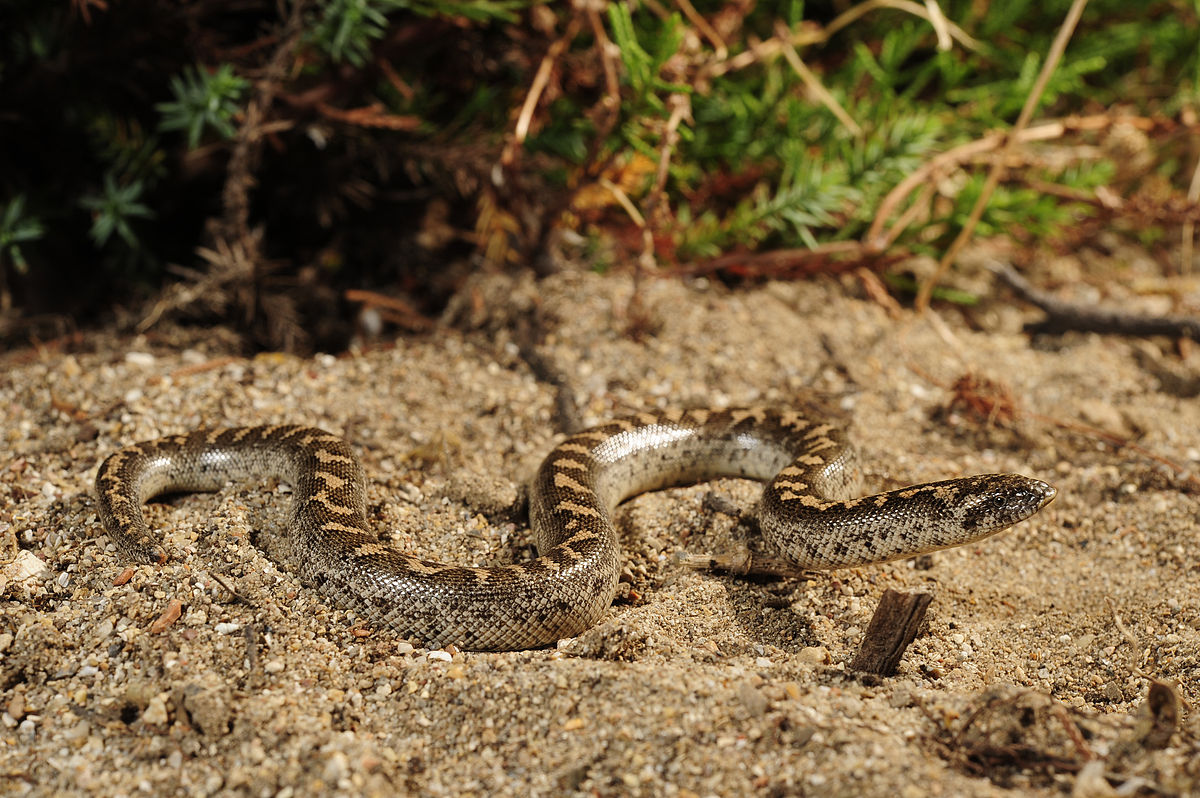
Psychological Adaptation
Psychological adaptation refers to functional traits that benefit an organism's survival or reproduction in its environment. These traits, known as evolved psychological mechanisms (EPMs), arise from evolutionary processes and include both innate instincts and learned behaviors. EPMs are distinct from vestigial traits, which are byproducts of evolution that no longer serve a purpose.
Evolutionary and Cognitive Perspectives
Drawing upon Darwin's theory of evolution, evolutionary psychologists view psychological adaptations as traits that have been selected for their adaptive advantages. These adaptations may be conscious or unconscious and include social strategies, emotional responses, and instincts. In contrast, cognitivists argue that many behaviors arise from learned preferences shaped by psychological adaptations, while behaviorists emphasize conditioned responses.
Sex-Specific Adaptations
Humans have evolved psychological adaptations specific to each sex. For example, in females, mate choice involves evaluating male traits that signal investment in offspring. Women also exhibit rape aversion mechanisms, such as mate preferences for physically strong males, to reduce the risk of sexual coercion. In males, adaptations include humor production to attract mates, a preference for short-term relationships, and mate guarding strategies to enhance reproductive success.
Other Key Adaptations
Psychological adaptations can also influence other aspects of human behavior, such as:
- Heuristic problem-solving: Using simplified strategies to make decisions.
- Waist-to-hip ratio preference: Males find women with a waist-to-hip ratio of 0.7 more attractive as it indicates fertility.
- Parental investment: Males are more cautious about investing in offspring in the absence of long-term relationships and high levels of commitment.
- Pregnancy sickness: This adaptation in women protects the developing embryo from toxic foods by triggering nausea and vomiting.